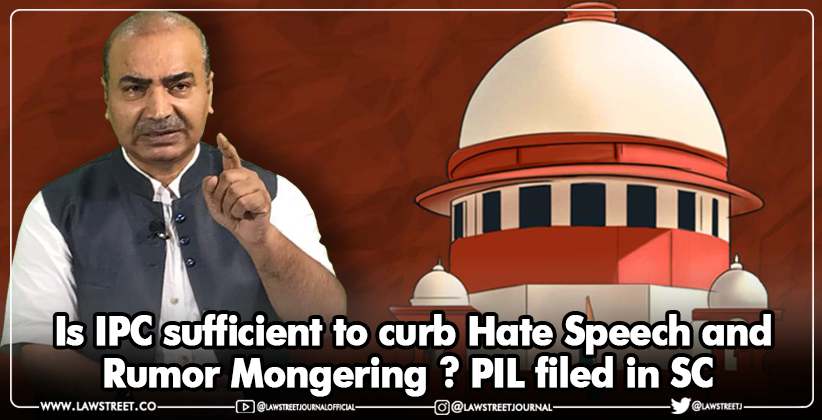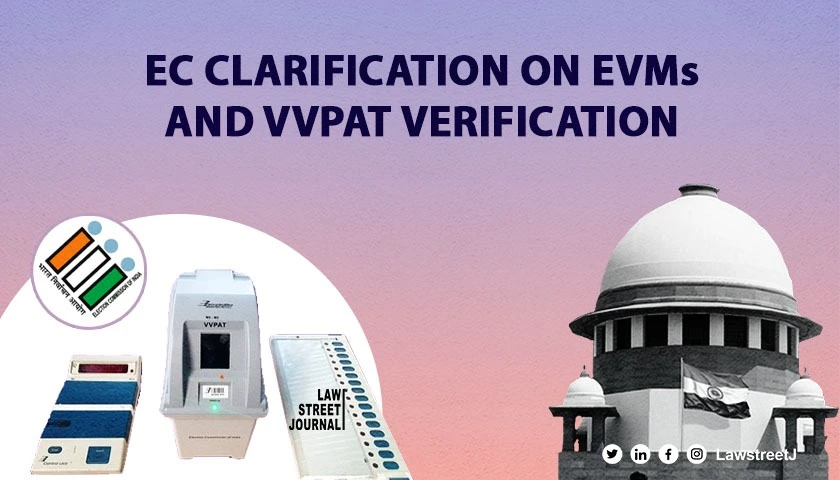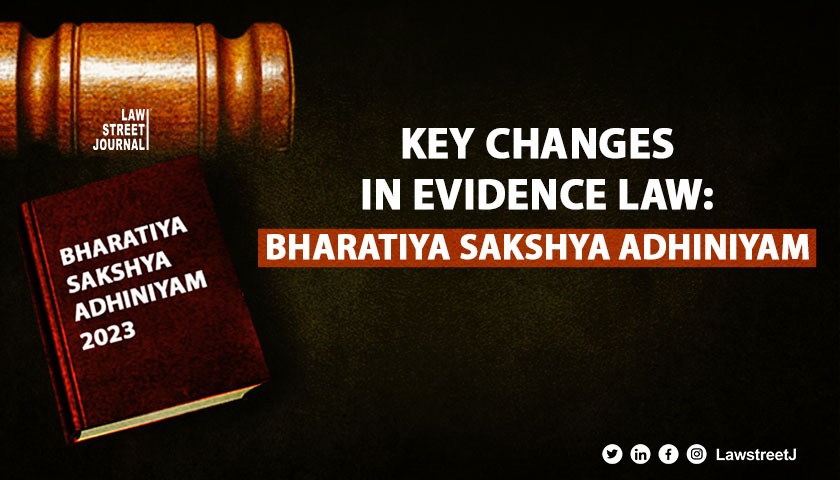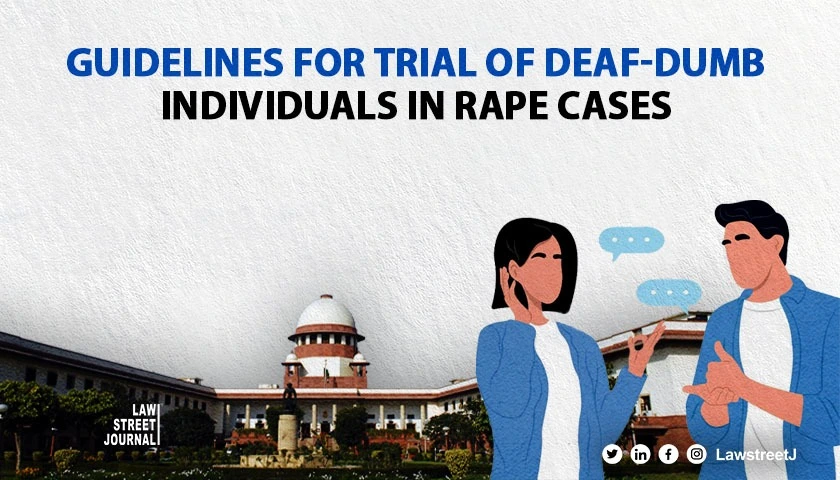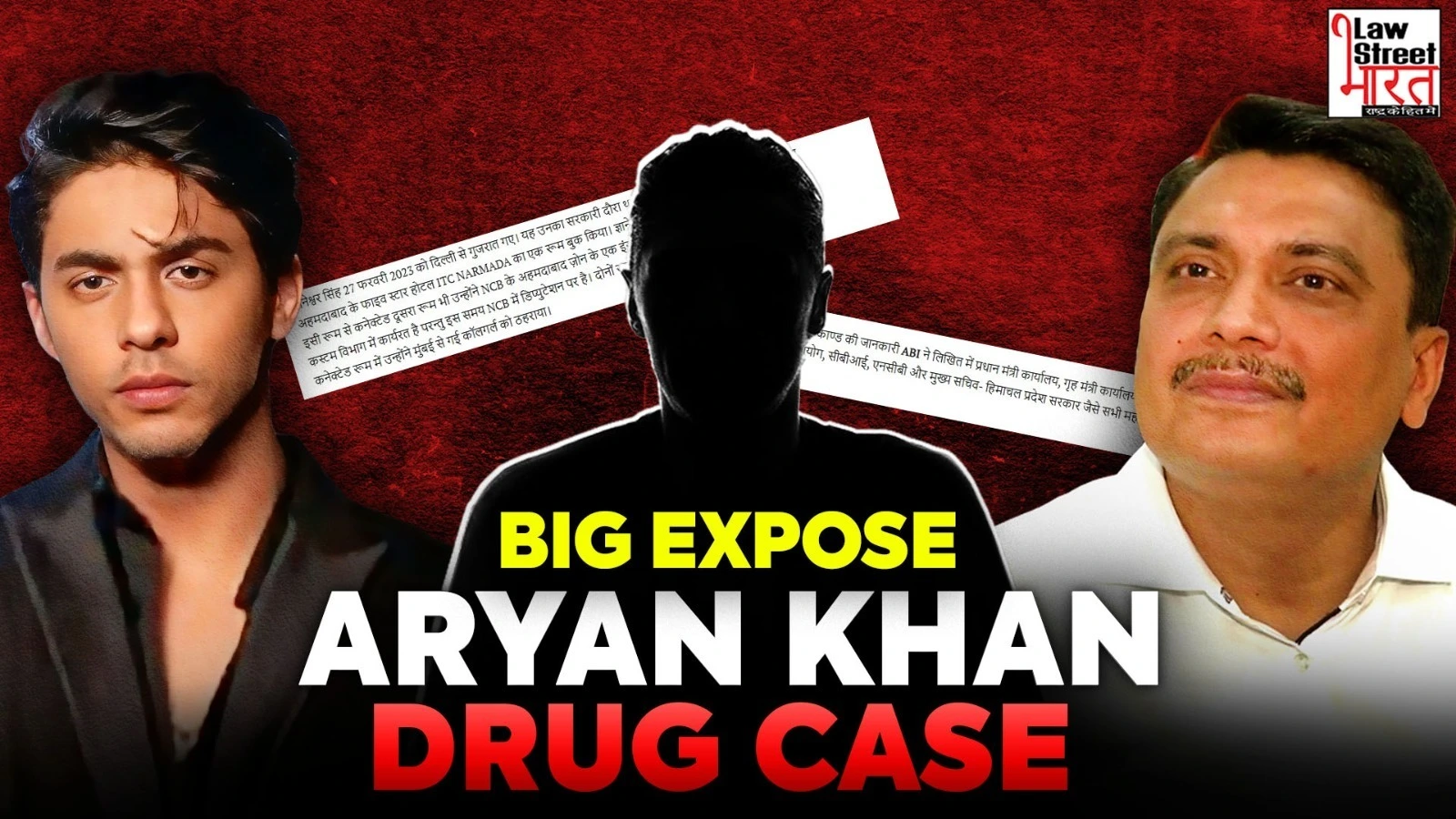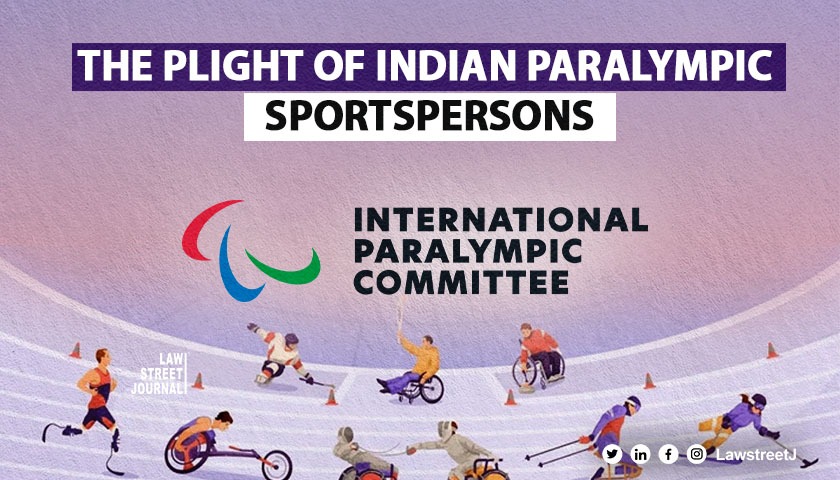A PIL has recently been filed in the Supreme Court by Advocate Ashwini Upadhyay seeking directions to the Centre to scrutinize the various international laws and to device 'effective and stringent' measures to control hate speech and rumor mongering in the country.
It also seeks directions asking the Centre to take appropriate legislative measures to implement the recommendations of the Law Commission in order to deal with the ongoing issue of hate speech and rumor mongering.
The petition states that the cause of action accrued after the Law Commission of India submitted its 267th report on Hate Speech but the Executive failed to take action on it.
"The injury to the citizens is extremely large because hate speech and rumor mongering has the potential of provoking individuals or society to commit acts of terrorism, genocide ethnic cleansing etc. Hate speech is considered outside the realm of protective discourse. Offensive speech and rumor mongering have devastating effects on people’s lives and safety. It is harmful for communities and societies and hampers social progress. If left unchecked, hate speech can severely affect not only the rule of the law but also the right to life and liberty of citizens", the petition states.
It further reads, "All instances of violations of freedom of expression in the context of religion and incitement of hatred resulting in violence should be condemned and prevented. Fight against hate speech cannot be isolated, it has to be on a wider platform. Every responsible govt, international body, regional body must respond to this threat. The law commission guidelines can serve as laws for developing hate speech jurisprudence. With every right and responsibility, it is important for the right of freedom and speech to have reasonable restrictions. The founding fathers of the constitution wee cognizant of the history and the need to highlight the responsibility attached to freedom of speech and expression."
Questioning whether the existing legal provisions and those of IPC are sufficient to counter hate speech and rumor mongering, the PIL seeks direction to the Centre to examine various international laws relating to hate speech and rumor mongering and take appropriate steps to control hate speech and rumor mongering to secure rule of law, freedom of speech and expressions, right to life and liberty and other fundamental rights.
Further, stating that the Centre is constitutionally bound to take steps to control the menace of hate speech and rumor mongering, the plea also seeks directions to the Centre to take appropriate steps to implement recommendations of Law Commission Report-267 on hate speech and declare the sentences for committing the offences against public tranquility, offences relating to elections, religion and criminal intimidation, insult and annoyance shall be consecutive not concurrent or pass any orders or directions as the court deems fit to control offences against public tranquility, offences relating to elections, religion and criminal intimidation, insult and annoyance
The plea is filed by Supreme Court Lawyer and BJP Leader Ashwini Upadhyay through Advocate Ashwini Dubey and is expected to be heard by the Apex Court after the Dussehra vacation.
The Ministry of Home Affairs, the Ministry of Law and Justice and the Law Commission of India have been made parties in the PIL.
The plea refers to several incidents and termed them as “Classic examples” of hate speech and rumor mongering.
In 2012, around 50,000 citizens from north-eastern states moved from their residences across India and rushed to their native places after ''circulation of false images of violent incidents that took place not in India but Myanmar several years ago'', the plea states.
Referring to existing penal provisions on hate speech in the IPC, the plea said that this is an incitement to hatred primarily against a group of persons defined in terms of race-ethnicity gender sexual orientation religious belief and it poses complex challenges to freedom of speech-expression. ''A difference of approach is discernible between the US and other democracies. In the US, it is given constitutional protection; whereas under international human rights covenants and in other western democracies, such as Canada, Germany, and the UK, it is regulated and subject to sanctions. Because of this, the petitioner believes that new provisions in IPC are required to be incorporated to address the issues elaborately...,'' it said.
Hate speech is used invariably to mean expression which is abusive, insulting, intimidating, harassing or which incites violence, hatred or discrimination against groups identified by characteristics such as one’s race, religion, place of birth, residence, region, language, caste or community, sexual orientation or personal convictions. However, in international human rights law, it is defined by Article 20 of ICCPR. The inherent dignity and equality of every individual is foundational axiom of international human rights. It is, therefore, perhaps not surprising that international law condemns statements which negate the equality of all human beings. Article 20(2) of the ICCPR requires states to prohibit hate speech. Advocacy of national, racial/religious hatred that constitutes incitement to discrimination or hostility is prohibited by law. Under the common law system, such speech had been treated as ‘sui generis’ that is, ‘outside the realm of protected discourse’. Hate speech provisions are found in three different chapters of the IPC, “Of Offences Relating to Religion”, “Of Offences Against the Public Tranquility” and “Of Criminal Intimidation, Insult and Annoyance”. Section 295A, IPC was enacted to specifically target speech that intended to outrage religious feelings by insulting religion or religious beliefs.
The definition of hate speech is still subject to wider intellectual and academic debate. What is at issue is the criminalization of hate speech and how the existing laws look at it. Since it is entrenched in the constitutional right of freedom of speech and expression, “hate speech” has been manipulated by many in different ways to achieve their ulterior motive under the garb of such right and the law courts in absence of clear provisions in IPC, are not able to prosecute hate speech charges brought before them with success.
The question of law raised in the PIL are:
- Whether existing legal framework and IPC provisions are sufficient to control Hate Speech and Rumor Mongering?
- Whether the Centre is constitutionally bound to take appropriate steps to control Hate Speech and Rumor Mongering?
